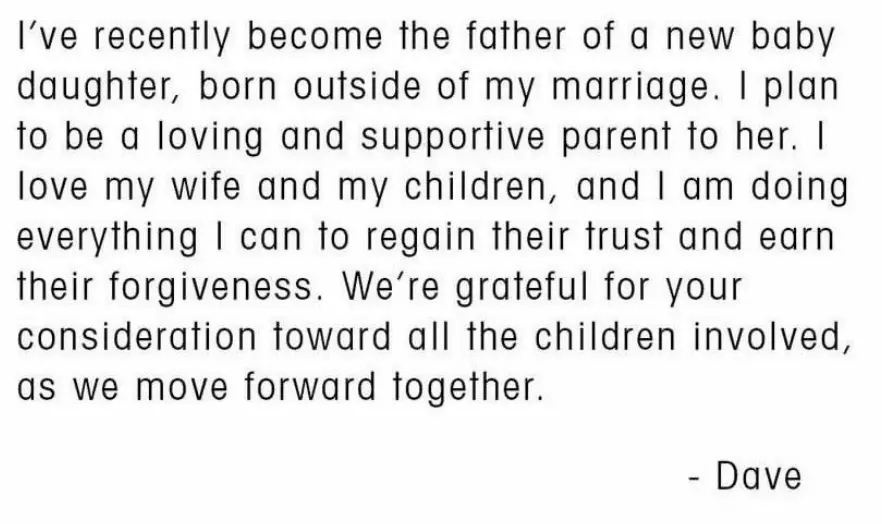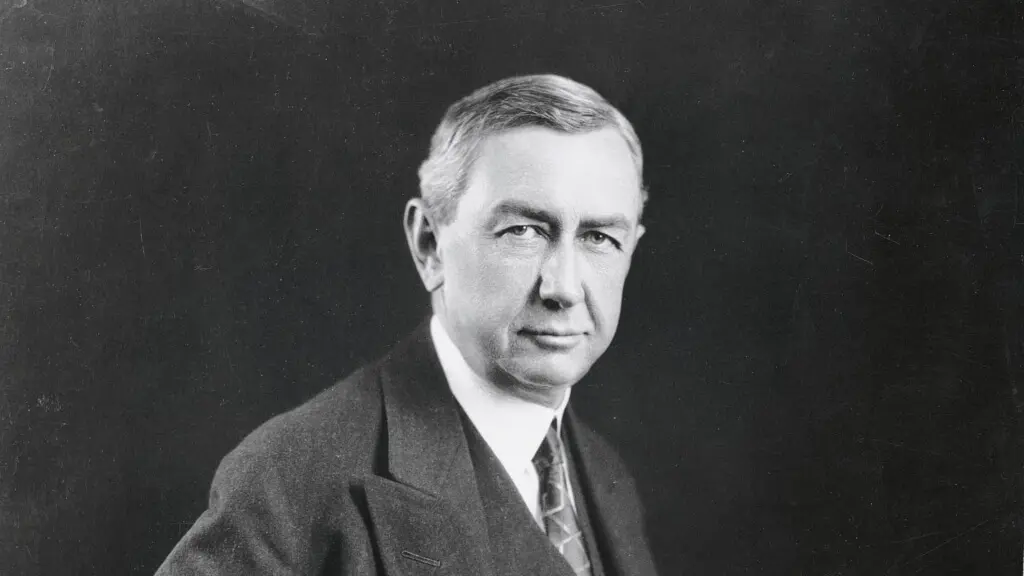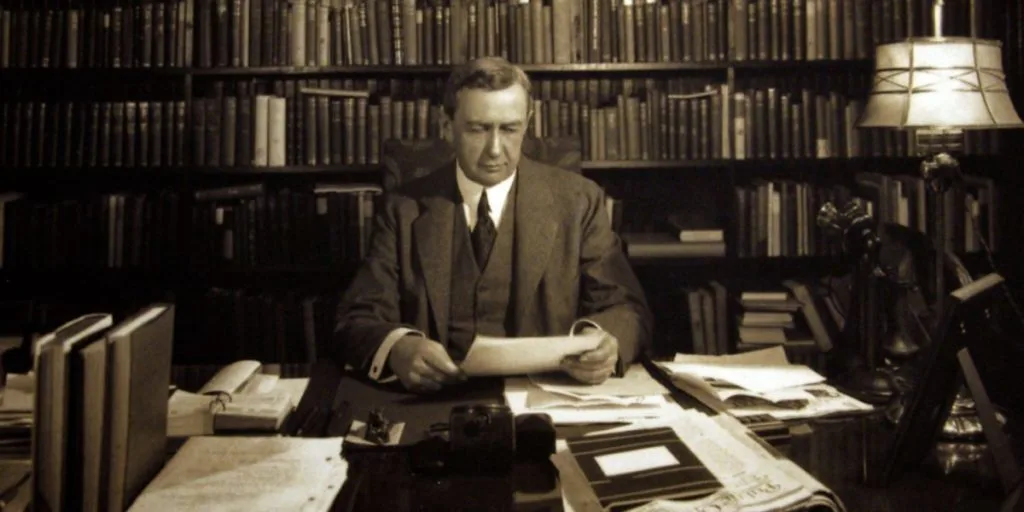Hi, Dave Fox here from Starscape SEO. These days, cancel culture can be a real threat to businesses that don’t exactly “bend the knee” to prevailing progressive viewpoints, and the results can be disastrous.
On the flipside, conservatism has been playing the reverse UNO card on businesses that get too “woke”, and so now cancel culture is finally starting to cut both ways.
It is sometimes the case, where an individual or brand makes a really bad PR blunder, and is forced to apologize, and quick, before they “cancel” you.
If you are a business in such a situation where you’ve got some group displeased with you, and you’re not sure what to do, there’s someone you may want to reflect on, before you send the emotionally unhinged interns to social media.
Ivy Lee – Early 20th Century PR Genius
Meet Ivy Lee, genius PR guy for the likes of John Rockefeller in the early 20th century.

Ivy Lee, often regarded as one of the pioneers of modern public relations, is well-known for advocating transparency and honesty as fundamental PR strategies.
One of his key principles was that admitting wrongdoing was essential in maintaining credibility and public trust, especially in times of crisis.
Ivy Lee’s Philosophy on Admitting Wrongdoing
Lee’s approach was revolutionary during his time (early 20th century), as many companies preferred to cover up scandals or mislead the public.
He believed that organizations should not attempt to hide mistakes but instead should acknowledge their faults and explain how they intended to address them.
His belief was that honesty, even when difficult, would lead to long-term trust and reputation management, while deceit or avoidance could lead to even worse reputational damage.
Key Aspects of Lee’s Strategy
Transparency in Communication:
Ivy Lee emphasized that corporations should communicate openly with the public, particularly during crises. He believed that offering honest and factual information would prevent speculation, rumors, and media backlash.
Admitting Faults to Build Trust:
Admitting wrongdoing or corporate mistakes, according to Lee, could build a stronger, more trustworthy relationship with the public. By acknowledging errors, companies would demonstrate accountability and a commitment to improvement.
Timely and Proactive Disclosure:
Lee believed that companies should not wait for the media or public to expose issues.
Instead, they should proactively disclose issues and take responsibility before they escalate. This helped frame the narrative in a positive light, showing that the company was not trying to hide anything.
Fast forward to September 2024 – the Dave Grohl incident. Trying to get ahead of the imminent scandal, he releases this note to fans.

It’s as if Dave Grohl took a page out of the Ivy Lee book of PR for this one. Let’s keep going, forgetting Grohl for now.
Humanizing the Organization:
By admitting mistakes, companies could portray themselves as human, fallible, and willing to learn, which, in turn, could help rebuild credibility.
This idea contrasted sharply with the era’s prevailing notion that corporations should maintain an image of infallibility.
Famous Example: Pennsylvania Railroad Crisis (1906)

Ivy Lee’s most famous case of applying this philosophy was during the 1906 Pennsylvania Railroad crash, where a train derailed, killing 50 people.
At the time, companies usually tried to cover up such incidents, but Ivy Lee took a different approach.
Instead of attempting to suppress the information, Lee issued a press release on behalf of the Pennsylvania Railroad, providing journalists with accurate details of the accident and updates on the company’s response.
He invited the press to the scene of the accident and facilitated direct access to the company’s president for statements. This was one of the earliest instances of a press release, and it set a new standard for corporate crisis communication.
By being transparent and honest about the accident, Pennsylvania Railroad avoided further public backlash and maintained a level of trust that might have been damaged if they had tried to cover it up.
Today, they are looked back on as one of the pioneers of American travel in the early days of mass transit.
If Ivy Lee Could Advise Bud Light Today…

If Ivy Lee were advising Bud Light during their recent controversy involving Dylan Mulvaney and accusations of “woke politics,” he might suggest a few key strategies:
Acknowledge the Situation Directly
Instead of trying to downplay the association with Mulvaney, Lee would advise owning up to the decision.
Bud Light could have more clearly articulated their reasoning for partnering with Mulvaney, rather than issuing vague statements.
By explaining the intent behind the partnership (e.g., fostering inclusivity), Bud Light might have neutralized some of the backlash from both sides earlier.
Stay Consistent
Lee believed in sticking to a message once it’s been delivered.
Bud Light’s attempts to distance itself from Mulvaney while trying to appeal to a broad demographic caused confusion and further alienation.
Lee would likely have encouraged them to maintain a clear and consistent narrative rather than trying to appease both sides of a polarized audience.
Emphasize Positive Values
Lee might recommend that Bud Light focus on its core values—whether that’s inclusivity, community, or bringing people together—and consistently reflect those in their messaging, even during the crisis.
This aligns with his philosophy that organizations should proactively share their good intentions rather than merely reacting to backlash.
Ultimately, Bud Light’s crisis management efforts, including distancing themselves from Mulvaney and issuing non-committal statements, seemed to leave them vulnerable to criticism from both their core audience and supporters of LGBTQ+ rights.
Impact on Modern Public Relations
Ivy Lee’s emphasis on admitting wrongdoing for PR purposes continues to resonate in modern crisis communication strategies.
PR professionals today often advise companies to be transparent, admit mistakes, and communicate openly during a crisis, as a way of maintaining public trust and avoiding long-term damage to their reputation.
In short, Lee’s philosophy was simple but effective: acknowledging and admitting wrongdoing is not a sign of weakness, but rather a strategic move to protect and enhance the integrity of a company in the long run.


